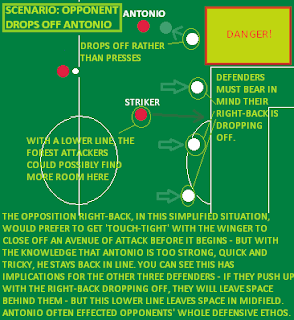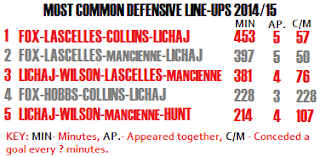Forest 2 Rotherham 1

Fans at The City Ground saw Forest win their first three points of the season on Saturday against an awkward Rotherham United side. It was a much better style of football, however the performance posed more questions than answers - chiefly whether they will be able to sustain it in the coming weeks. The Millers team was peppered with familiar faces and set up in a 4-4-2 variant, their wingers playing quite narrow in an attempt to play through the middle. Aggressive and well organised by their manager Steve Evans, they did a good job of bullying the Forest forward players and pressing high in an attempt to force direct football. There was also a lot of gamesmanship going on at times (and when I say at times, I mean at all times ). Evans himself contended every decision – in a constant state of outrage, he prowled the sidelines with arms spread wide in exasperation. His antics were calculated to pressure the officials and it may have worked: his players got away with continual a







